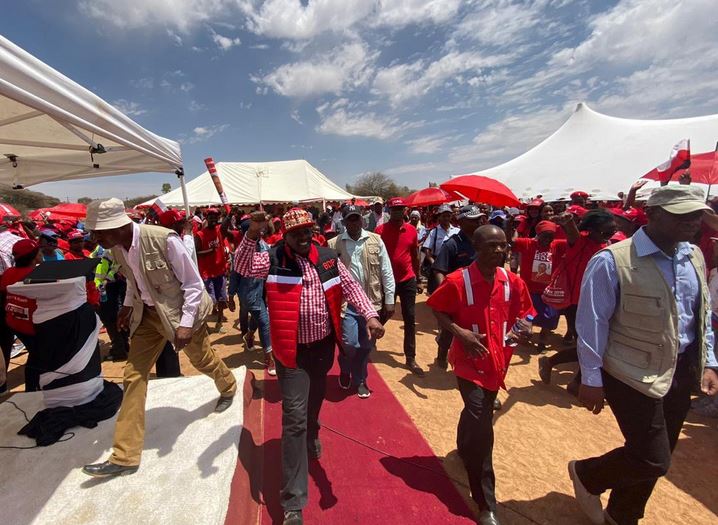×
The Standard e-Paper
Home To Bold Columnists

Botswana polls opened on Wednesday for a general election that is expected to provide the first genuine challenge to the ruling Botswana Democratic Party (BDP) in its five decades of dominance over southern Africa’s wealthiest and most stable nation.
Whichever party wins will have to move swiftly to transform the economy, which since independence from Britain in 1966 has grown at 8% a year to become one of Africa’s most successful, but now risks coming unstuck because of over-reliance on a single commodity - diamonds.